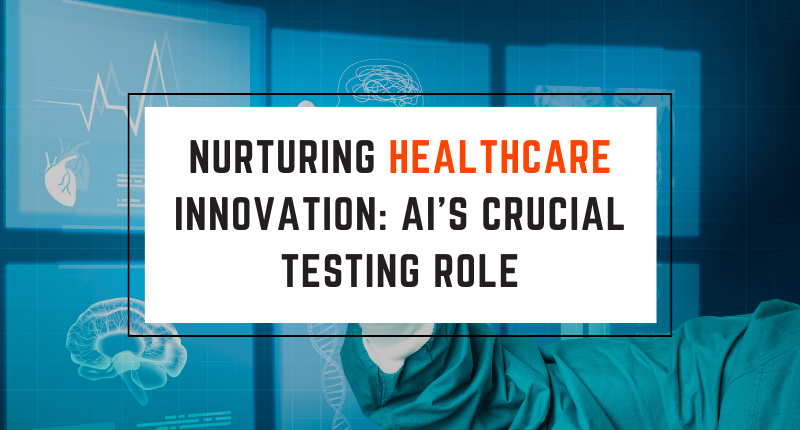Healthcare innovation has always been at the forefront of improving patient care and outcomes. In recent years, artificial intelligence (AI) has emerged as a game-changer in the healthcare industry, revolutionizing the way we diagnose and treat illnesses. But with great innovation comes great responsibility, especially in the realm of healthcare, where patient safety is paramount. This is where healthcare testing, and more specifically, AI’s crucial testing role, comes into play. In this blog, we will explore how AI is reshaping healthcare innovation and why rigorous testing is essential for its successful integration.
The Rise of AI in Healthcare
Artificial intelligence has been making waves across various industries, and healthcare is no exception. AI has the potential to transform healthcare in numerous ways:
1. Medical Diagnostics:
AI algorithms can analyze vast amounts of medical data, from X-rays and MRIs to genetic information, with unparalleled accuracy. This enables early and more accurate disease detection.
2. Predictive Analytics:
AI can predict disease outbreaks, patient readmissions, and even individual patient health trajectories, allowing healthcare providers to intervene proactively.
3. Drug Discovery:
AI accelerates drug discovery by analyzing large datasets to identify potential drug candidates and predict their effectiveness.
4. Personalized Medicine:
AI tailors treatment plans to individual patients based on their unique genetic makeup and medical history, improving treatment efficacy.
5. Administrative Efficiency:
AI streamlines administrative tasks, reducing the administrative burden on healthcare professionals and lowering costs.
The Importance of Rigorous Testing
While AI holds great promise in healthcare, it’s not without its challenges. Ensuring the reliability and safety of AI-driven healthcare solutions is paramount. Here’s why rigorous testing is crucial:
1. Patient Safety:
Errors in AI algorithms can have life-threatening consequences. Rigorous testing helps identify and rectify potential flaws before they harm patients.
2. Data Accuracy:
AI relies on large datasets for training. Testing ensures that the data used is accurate, representative, and bias-free, preventing discriminatory or erroneous outcomes.
3. Regulatory Compliance:
Healthcare is highly regulated. Rigorous testing is essential to meet regulatory standards and gain approval for AI-driven healthcare products.
4. Ethical Considerations:
AI can raise ethical dilemmas, such as patient privacy and consent. Testing helps address these concerns and ensures AI systems align with ethical principles.
5. User Experience:
Testing ensures that AI systems are user-friendly and seamlessly integrate into healthcare workflows, improving adoption by healthcare professionals.
AI Testing in Healthcare
AI testing in healthcare involves several crucial steps:
1. Data Quality Assessment:
Verify that the data used for AI training is of high quality, representative, and free from biases.
2. Algorithm Validation:
Evaluate the accuracy and reliability of AI algorithms through extensive testing against a wide range of medical cases.
3. Regulatory Compliance Testing:
Ensure that the AI system complies with healthcare regulations and standards.
4. Ethical Auditing:
Examine the AI system for ethical considerations, such as patient privacy and consent.
5. User Testing:
Assess how healthcare professionals interact with the AI system and gather feedback for improvements.
Conclusion
The integration of AI into healthcare is a promising step toward more accurate diagnostics, personalized treatment, and improved patient care. However, this innovation must be nurtured responsibly through rigorous testing. The healthcare industry’s commitment to thorough testing will not only ensure patient safety but also accelerate the adoption of AI-driven solutions, ultimately leading to a healthier and more efficient healthcare system.
As AI continues to evolve, healthcare professionals, researchers, and policymakers must work together to establish robust testing protocols and standards. In doing so, we can harness the full potential of AI to revolutionize healthcare while upholding the highest standards of quality and safety.




